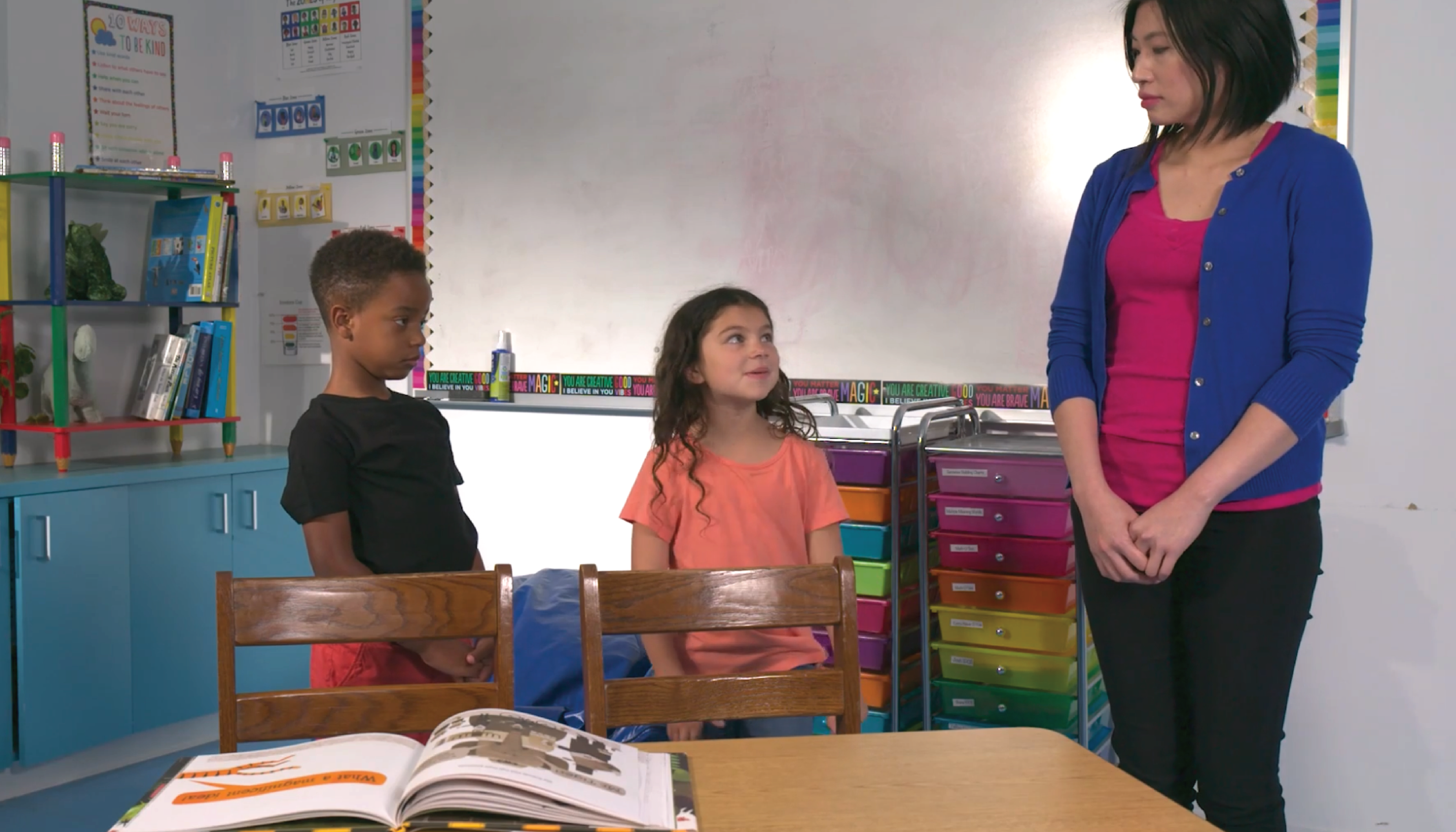
Introduction
Teaching students to take responsibility for their mistakes is an essential aspect of their social-emotional learning journey. This skill helps them to develop honesty, accountability, and resilience. By understanding that making mistakes is a natural part of life, students can learn to face challenges and grow from their experiences. In this blog post, we will discuss a no-prep activity for educators to help special education students learn how to take responsibility for their mistakes, along with discussion questions and related skills.
No-Prep Activity
In this activity, the educator will present students with a scenario in which a character makes a mistake and needs to take responsibility for their actions. The scenario can be adapted from the given concept or created by the educator, based on the students’ needs and interests.
- Begin by reading the scenario to the students. Make sure they understand the situation and the mistake made by the character.
- Ask the students to think about how the character should respond to the mistake. Encourage them to consider the importance of staying calm, telling the truth, and not blaming others.
- Have the students role-play the scenario, taking turns playing the character who made the mistake and other characters involved. This will help them practice taking responsibility for their actions in a safe and supportive environment.
- After each role-play, discuss the character’s response and whether they took responsibility for their mistake. Reinforce the importance of staying calm, telling the truth, and not blaming others.
Discussion Questions
Use these questions to stimulate further discussion about taking responsibility for mistakes:
- Why is it important to stay calm when we make a mistake?
- How does telling the truth help us take responsibility for our mistakes?
- What can we learn from our mistakes, and how can we apply those lessons in the future?
- How can we support our friends when they make mistakes and take responsibility for their actions?
Related Skills
Teaching students to take responsibility for their mistakes is just one aspect of social-emotional learning. Other related skills that can be taught alongside this concept include:
- Developing empathy and understanding how others feel
- Practicing effective communication and active listening
- Building problem-solving and decision-making skills
- Learning to cope with emotions and manage stress
Next Steps
If you’re interested in exploring more activities and resources to help your students develop their social-emotional learning skills, sign up for free samples from Everyday Speech. You’ll gain access to a variety of materials designed to support your students in their learning journey, including videos, games, and worksheets. Don’t miss this opportunity to enhance your students’ social-emotional growth and help them become more responsible, empathetic, and resilient individuals.

